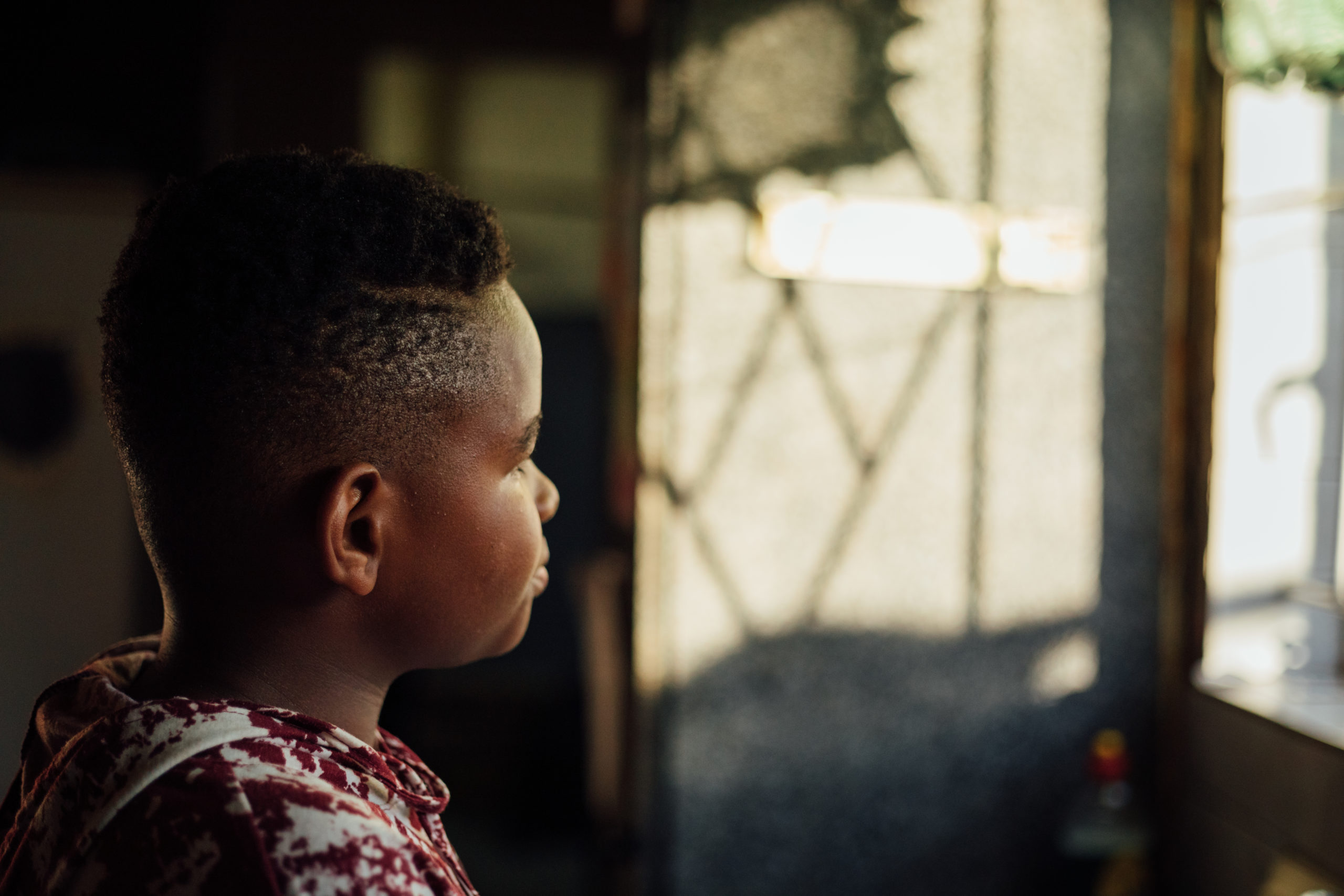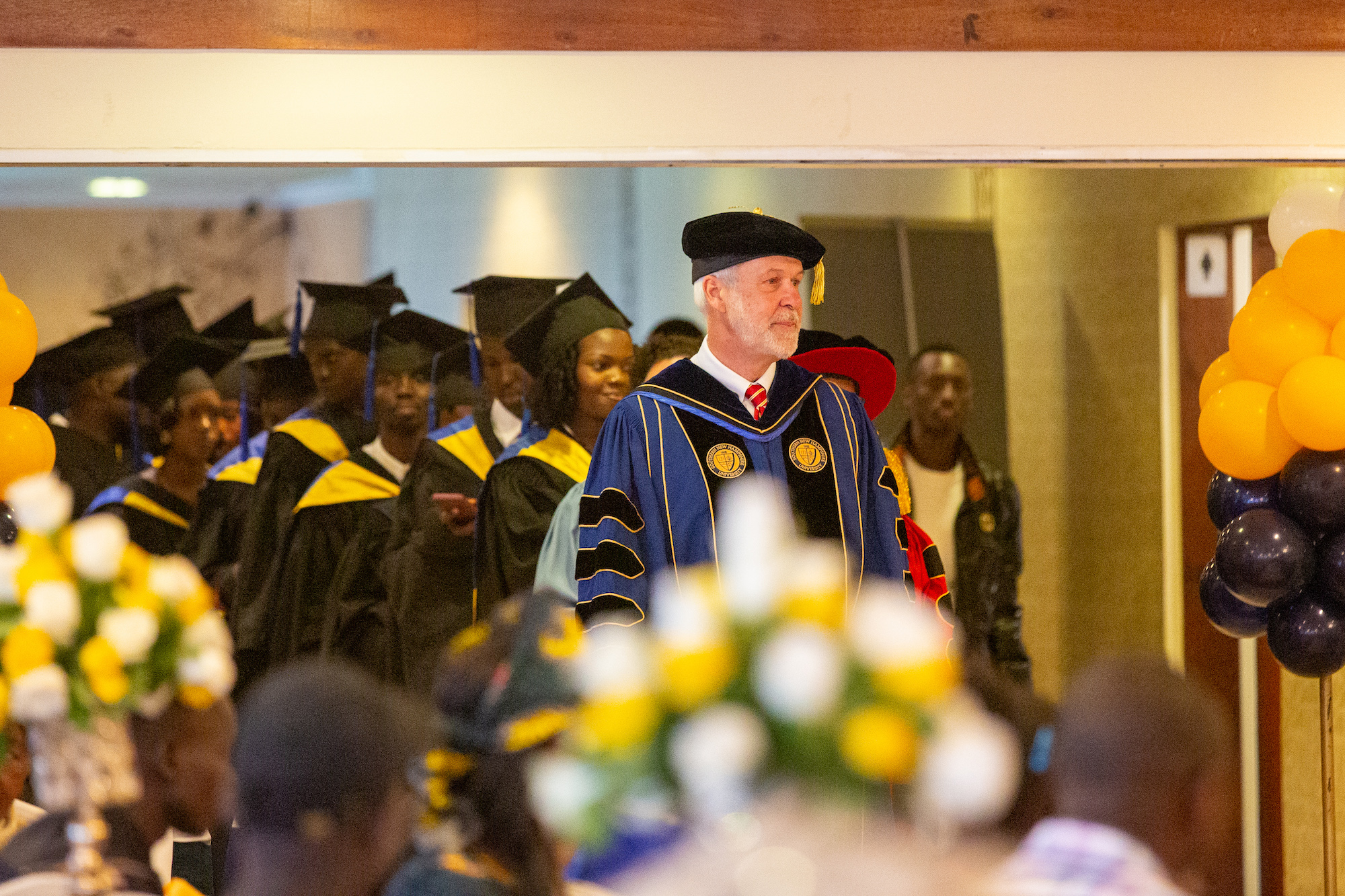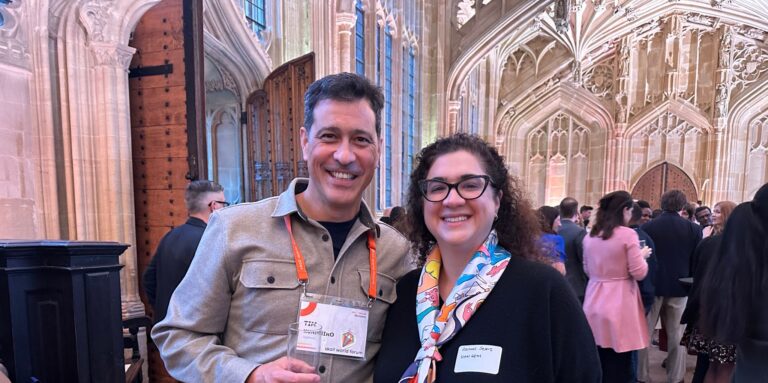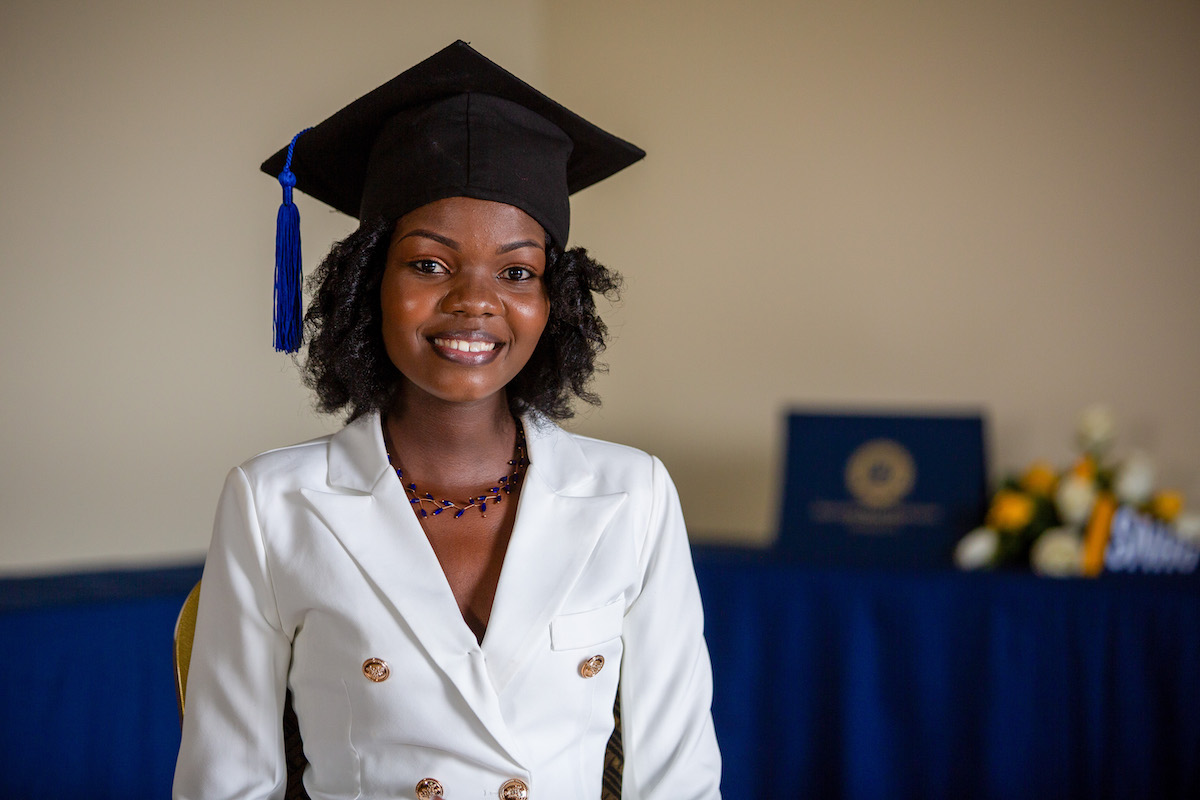Testimonies from members of the SNHU GEM community reflect on the legacy of the genocide 28 years later.
Last week marked the 28th annual commemoration of the 1994 Genocide against the Tutsi in Rwanda, and the beginning of the 100-day remembrance period.
Southern New Hampshire University’s Global Education Movement (SNHU GEM) stands with our students, staff, alumni and community in honor and remembrance. In observance of the commemoration period, we wanted to share the reflections of our SNHU GEM community members from Rwanda.
Diane Akaliza, a GEM Hub Reviewer, explains how the remembrance period provides an opportunity for her and her family to mourn those lost to the genocide and recommit to peace and reconciliation.
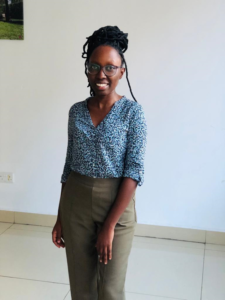 How are you and your family commemorating the genocide? How have you done so in years past?
How are you and your family commemorating the genocide? How have you done so in years past?
Just like all the families in Rwanda, my family and I commemorate the genocide against the Tutsi every year. We start the remembrance and commemoration on April 7th and conclude with Liberation Day on July 4th.
In our family, we gather on April 7th to mourn and celebrate the lives of our loved ones who perished during the 1994 genocide. Together, we watch the Rwandan president’s annual speech commemorating the genocide.
After listening to the speech, we have a night to remember, called “Ijoro ryo kwibuka.” We visit the place where lives of the innocent men, women, children, and old people are memorialized. During the night to remember, we as a family have the opportunity to learn from elders’ testimony. We hear survivors’ stories, and our parents teach us to love each other and remind us that we are all Rwandese, and no such thing as ethnic groups should divide us.
Jean Claude Musoni, GEM Hub Reviewer, describes the lessons he has learned from the remembrance period.
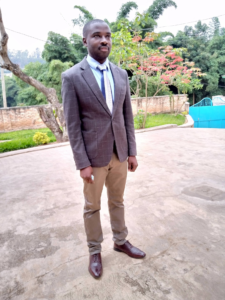
What does the remembrance period mean to you?
This is a meaningful period as a Rwandan and a human being.
It gives me a chance to reflect on the history of Rwanda – the distant past and the recent history. The lesson that I learn is to accommodate diversity and to look ahead without relying on socially or historically constructed classifications that divide us.
What do you want others in the SNHU GEM community to know about the remembrance period?
This should be a period to think on the value of humanity, beyond any other characteristics.
GEM Hub Reviewer Clementine Uwizeye explains how the annual remembrance period offers an opportunity for communities to work together to create change.
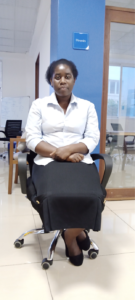
How are you and your family commemorating the genocide? How have you done so in years past?
This period of commemoration is a moment where I join other Rwandans in different commemoration activities. These include joining community conversations, or “Ibiganiro mbwirwaruhame,” which take place in the village during the commemoration week. I also get the chance to reach out to some genocide survivors through groups and individually.
What do you want others in the SNHU GEM community to know about the remembrance period?
The first thing I want the SNHU GEM community to know about the Day of Remembrance is that even though such a tragedy happened, there is hope. Life is still possible for us, our neighbors, and our country.
Secondly, I want everyone to consider this time as a moment to evaluate our individual contributions to the peace and unity of our communities and our country. As a community, we must come together during this remembrance period to build a unit. Let’s offer hands to the genocide victims in need of help. We can visit them, offer them support, and be the shoulder they can lean on. We can be the change we want to see.
